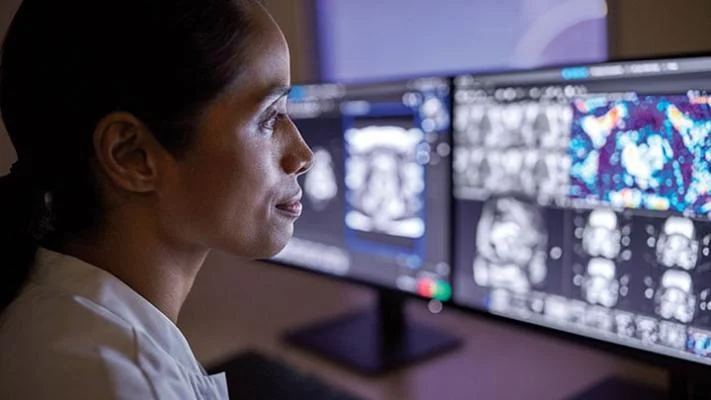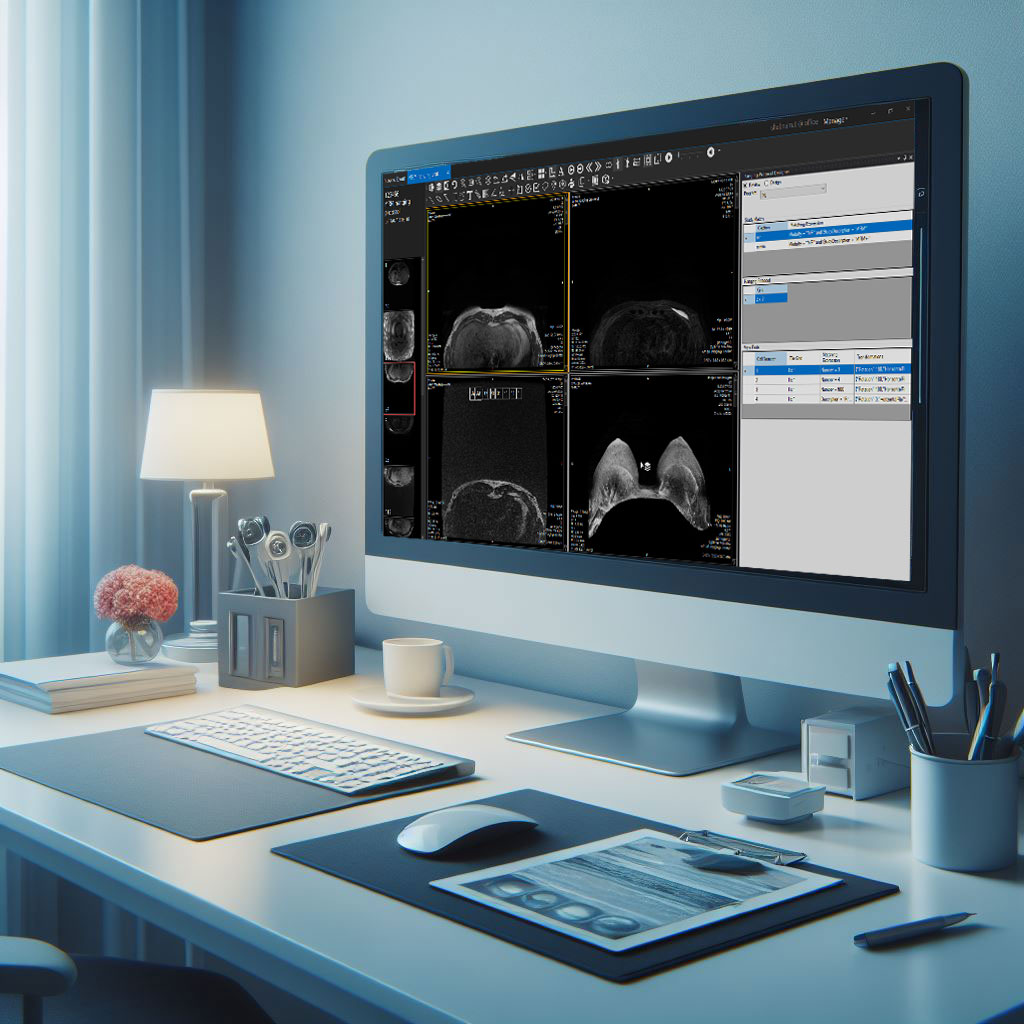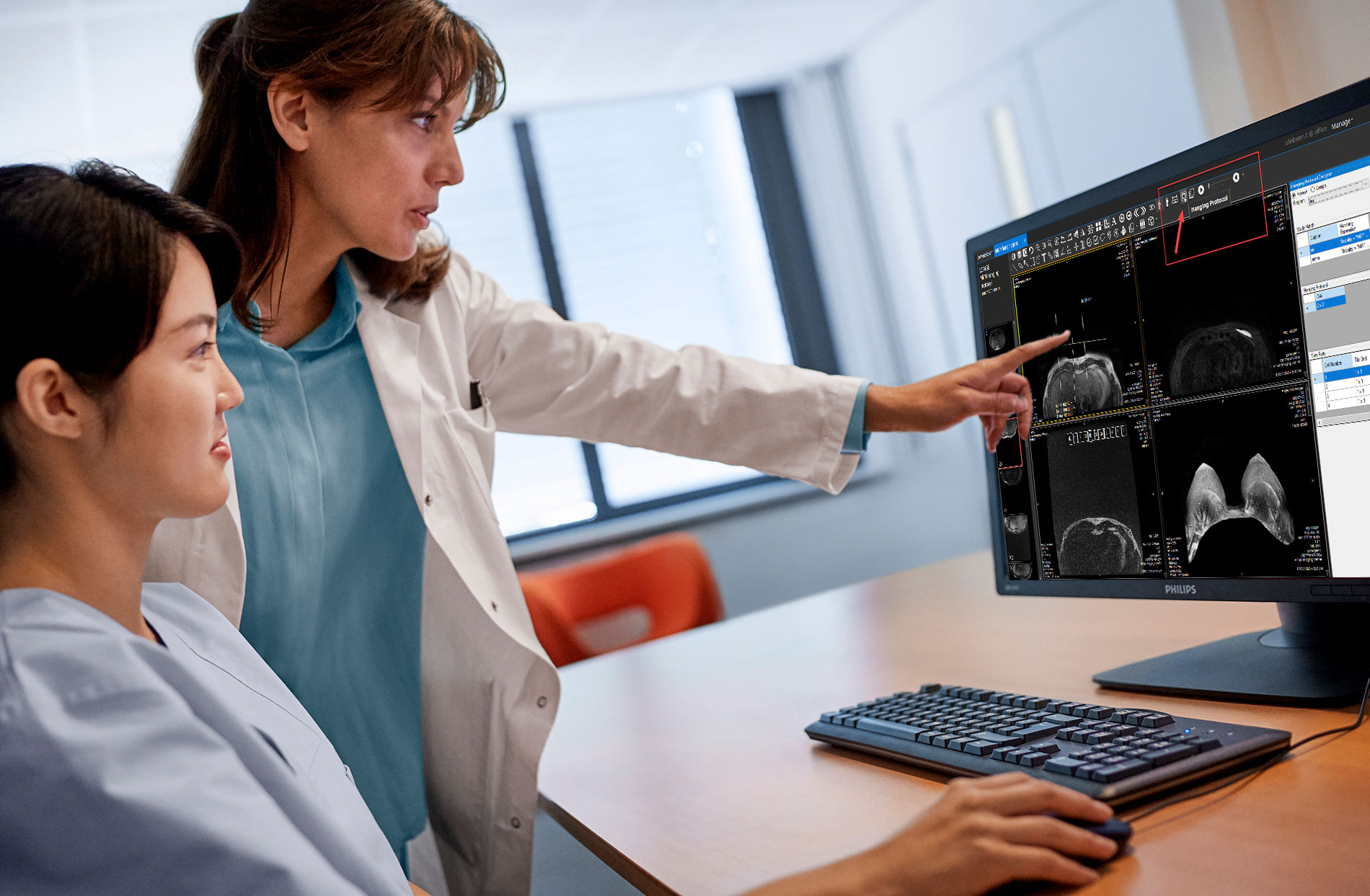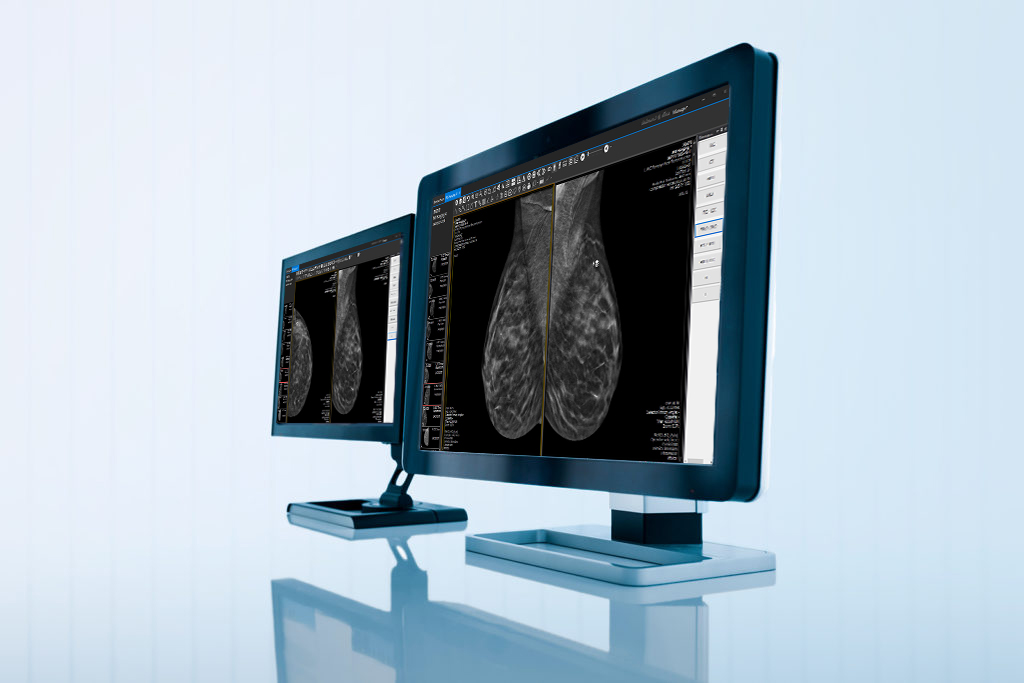Imagine a healthcare environment where groundbreaking AI tools empower educators, treatment teams, and researchers to create, test, and deploy algorithms that detect critical health signals in medical images—right within their daily workflows. This vision becomes reality with MEDIPAI, the AI enabler from NESTOPIAA, purpose-built to advance diagnostic capabilities and operational efficiency without disrupting routine medical practices.
MEDIPAI was designed to effectively host advanced AI capabilities within hospitals’ existing PACS systems while ensuring that daily medical workflows remain smooth and uninterrupted. With MEDIPAI, doctors and radiologists can seamlessly access AI models directly within their existing PACS. The process is as simple as uploading an AI model into MEDIPAI for testing or live diagnostics, provided it meets DICOM standards.
By adhering to these standards, MEDIPAI enables healthcare providers to leverage AI outputs quickly and effortlessly. If an uploaded model’s output meets the DICOM standards for post-processing, it can be displayed immediately on PACS. If adjustments are needed, our skilled team steps in to ensure accurate presentation of results.
Setting the Standard: The Medeeplink Standard
To ensure a universal and compatible format for all AI models used in MEDIPAI, we employ the Medeeplink standard. This standardization supports a smooth integration, facilitating the use of multiple models across modalities like MRI, CT, and beyond. For instance, a model may be designed to detect abnormalities exclusively in CT scans of the brain. By specifying the modality and body part, MEDIPAI can automatically verify if a suitable model is available for any uploaded image, reducing the time and complexity involved in diagnostics.
Hardware and Software Requirements
Deploying MEDIPAI requires robust hardware to perform at optimal levels. Recommended specifications include:
- CPU: Multi-core processor with at least 8 cores and virtualization support (Intel VT-x or AMD-V).
- GPU: NVIDIA GPU with CUDA capabilities (e.g., Tesla or Quadro series) with at least 16 GB of VRAM for efficient model processing.
- Memory: A minimum of 32 GB RAM to handle large datasets and concurrent processes smoothly.
- Storage: SSD storage of at least 1 TB, with NVMe SSDs preferred for faster read/write operations.
- Network: A high-speed network interface (1 Gbps or higher) for efficient data exchange.
- Operating System: Compatible with Ubuntu 20.04 LTS or Windows 10/11 with WSL2 for Linux compatibility.
For seamless integration, MEDIPAI supports multiple packages in specific versions, ensuring a cohesive environment that can handle large volumes of data and complex processing tasks.
How MEDIPAI Works: Preprocess, Predict, Postprocess
MEDIPAI simplifies complex signal detection through three main steps—preprocessing, predicting, and postprocessing—allowing the system to handle and analyze images in memory, eliminating the need for disk storage.
- Preprocess: This step prepares DICOM images for analysis by converting them into the appropriate format. The model developer customizes this phase, ensuring the image is ready for input to the AI model.
- Predict: MEDIPAI’s predictive capabilities activate as it loads the model and runs the image through the AI to detect potential abnormalities.
- Postprocess: Finally, MEDIPAI processes the model’s output, resizing and refining the results for accurate display. This stage allows the clinician to view and interpret findings within Metric, enhancing the clarity and accuracy of diagnostic insights.
Looking Ahead: The Future of AI in Healthcare
MEDIPAI represents more than just a technical advancement; it signifies a transformative shift in how AI integrates with medical imaging. By offering clinicians, researchers, and educators an intuitive, MEDIPAI bridges the gap between innovation and practical application, empowering healthcare providers with real-time insights that enhance patient care.
As we deploy MEDIPAI in Uzbekistan, we are setting a precedent for the future of diagnostics, where AI models work in harmony with healthcare systems, amplifying the expertise and dedication of medical professionals. This is just the beginning, as MEDIPAI continues to evolve, ensuring that tomorrow’s healthcare is more precise, more accessible, and more impactful than ever before.







